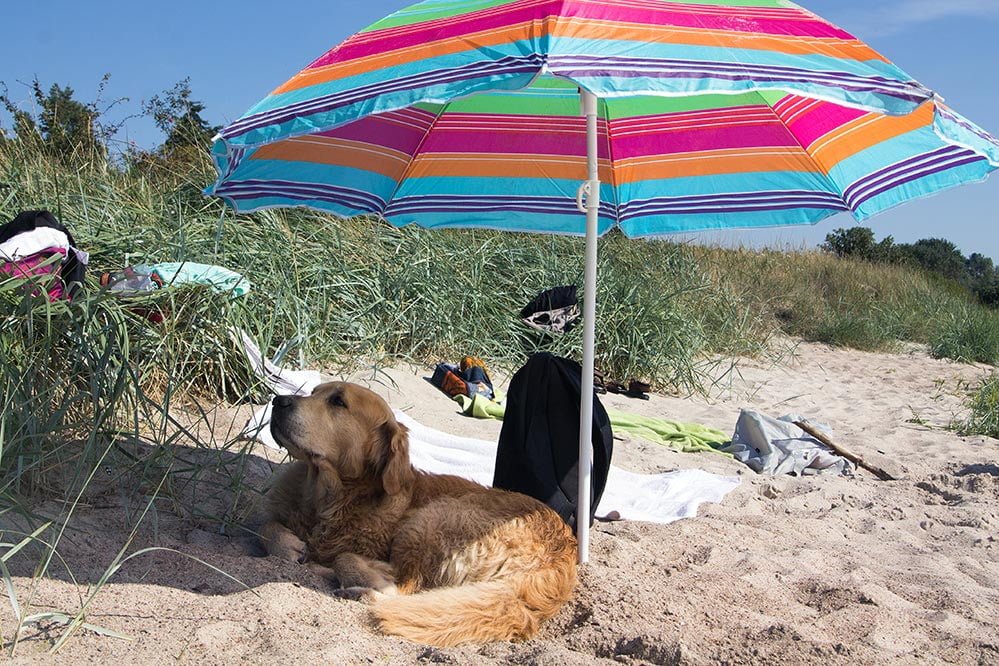Summer’s heat can be just as tough on our canine companions as it is on us
by adminmothering
Summer’s heat can be just as tough on our canine companions as it is on us. Here’s a breakdown of common dog illnesses during the summer months and how to prevent them:
1. Heatstroke:
- This is the most critical threat, with potentially fatal consequences.
- Causes: Excessive environmental temperatures that hinder a dog’s natural cooling abilities.
- Symptoms: Rapid panting, bright red tongue, vomiting, and loss of consciousness.
- Prevention:
- Limit strenuous activity during the hottest parts of the day.
- Ensure constant access to fresh, cool water and shade.
- Never leave a dog in a parked car.
- Consider regular cool baths or hose downs.

2. Skin Problems:
- Warm, humid conditions foster bacterial and fungal growth.
- Causes: Flea and tick infestations, fungal infections, and allergies.
- Symptoms: Itching, hair loss, redness, and sores.
- Prevention:
- Maintain a clean living environment for your dog.
- Use flea and tick preventative products.
- Bathe your dog with a vet-approved shampoo.
- Provide a balanced diet rich in vitamins and minerals to boost skin health.
3. Gastrointestinal Issues:
- Food spoils quickly in hot weather.
- Causes: Bacterial infections and food poisoning.
- Symptoms: Diarrhea, vomiting, and loss of appetite.
- Prevention:
- Serve fresh, clean food.
- Avoid leaving food out for extended periods.
- Ensure constant access to clean water.

4. Heart Conditions:
- High temperatures strain the heart.
- Causes: Pre-existing heart conditions and heatstroke.
- Symptoms: Heavy panting, fatigue, and coughing.
- Prevention:
- Limit strenuous activity.
- Provide a cool living environment.
- Schedule regular veterinary checkups.
5. Rabies:
- Rabies is an acute infectious disease, that targets the nervous system, and is more prevalent in the summer, with high fatality rates.
- Causes: Due to the hot weather that allows for virus and bacteria to easily spread.
- Symptoms: two forms, “furious” (running outside and biting everything), and “dumb” (hiding in dark places, fear of sound, water, and light).
- Prevention:
- Keep the dogs living area clean, and make sure their bedding is warm in the winter, and cool in the summer.
- Keep the dogs vaccinations up to date: Rabies, distemper, infectious hepatitis, and kennel cough.
Important Notes:
- If your dog exhibits any unusual symptoms, seek veterinary care immediately.
- Prevention is always better than treatment, so take extra care of your dog during the summer months.
10 interesting facts about the Corgi dog breed
Nov 3, 2023
The Top K9 Breeds: Understanding Working Dogs
Mar 31, 2025





Leave a comment